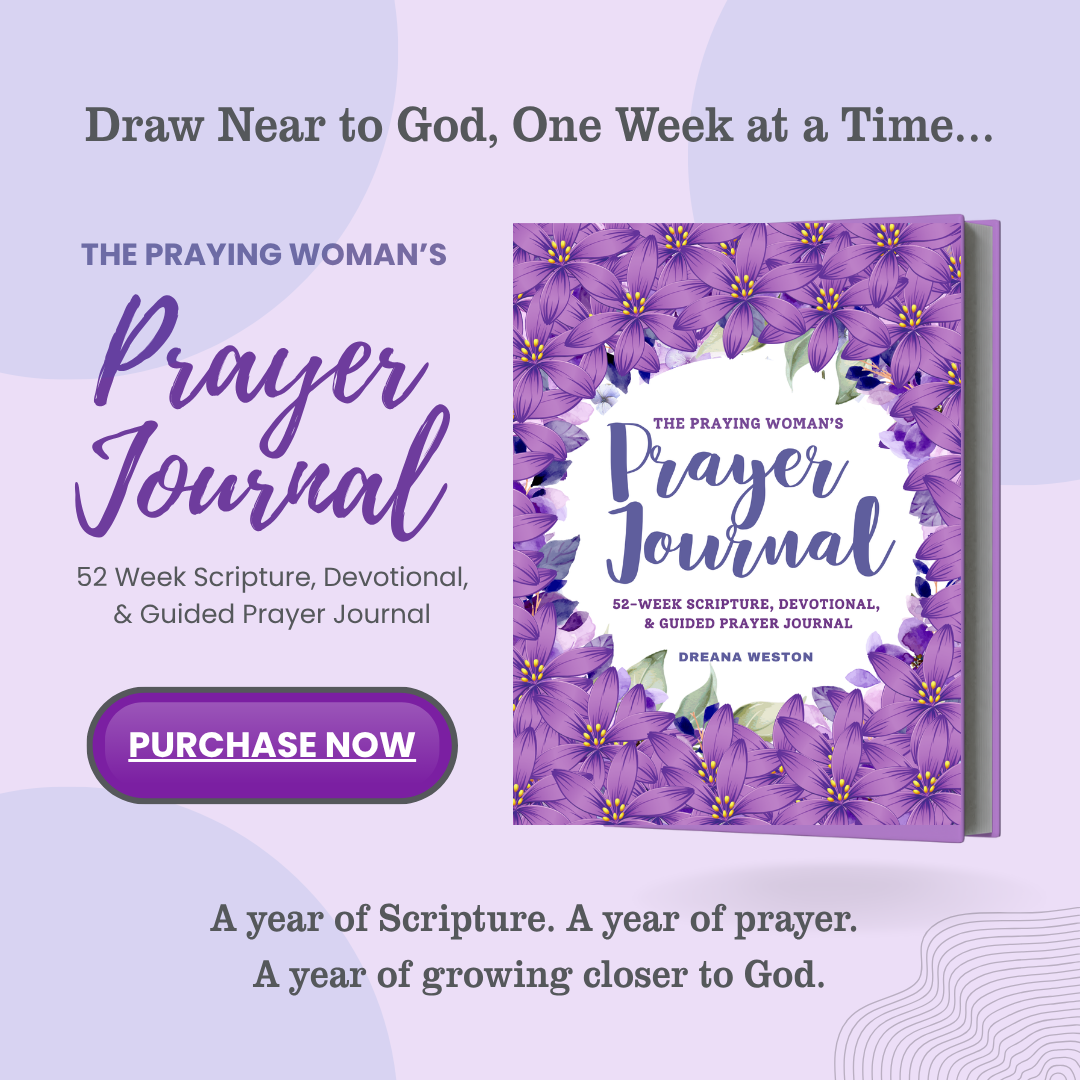Giving thanks when you’re suffering seems like an idea so far-fetched nobody could take it seriously, yet that is exactly what God asks us to do.
The apostle Paul, who knew more than his share of sorrow, counseled his young apprentice Timothy to do just that:
Be joyful always; pray continually; give thanks in all circumstances, for this is God’s will for you in Christ Jesus. (1 Thessalonians 5:16-18)
Paul understood the spiritual benefit of giving thanks when you’re hurting. It takes your focus off yourself and puts it on God. But how, in the middle of our pain, can we possibly give thanks?
Paul was well aware of what he could and couldn’t do. He knew his missionary work was far beyond his natural strength, so he relied heavily on the power of the Holy Spirit within him.
It’s the same with us. Only when we stop struggling and surrender to God can we allow the Holy Spirit to work in and through us.
When we become a conduit for the Spirit’s power, God helps us do impossible things, like give thanks even when we’re hurting.
Humanly speaking, you may not see anything you can be grateful for right now. Your circumstances are miserable, and you’re desperately praying they will change.
God hears you. In a very real sense, though, you are focusing on the bigness of your circumstances and not on the bigness of God. God is all-powerful.
He may allow your situation to continue, but know this: God is in control, not your circumstances.
I tell you this not by theory but by my own painful past. When I was unemployed for 18 months, it didn’t seem God was in control. When important relationships fell apart, I couldn’t understand. When my mother died in 2005, I felt lost.
As you give yourself to God, he will help you through this hard time you are in now. One of God’s goals for you is to make you totally dependent on him. The more you depend on him and sense his support, the more you will want to give thanks.
If there’s one thing Satan hates, it’s when believers trust God. Satan encourages us to trust our emotions instead. He wants us to put our faith in fear, worry, depression, and doubt.
Jesus Christ encountered this many times in his own disciples. He told them not to be afraid but to believe. Negative emotions are so strong that they skew our judgment. We forget it is God who is reliable, not our feelings.
That’s why, when you’re hurting, it’s wise to read the Bible. You may not feel like it. It may be the last thing you want to do, and it’s the last thing Satan wants you to do, but again, there’s an important reason to. It brings your focus away from your emotions and back onto God.
There is power in God’s Word to fend off Satan’s attacks and power to remind you of God’s love for you. When Satan tempted Jesus in the wilderness, Jesus drove him off by quoting Scripture. Our emotions can lie to us. The Bible never does.
When you’re going through trouble, Satan wants you to blame God. In the middle of Job’s worst trials, even his wife said to him, “Curse God and die.” (Job 2:9) Later, Job showed extraordinary faith when he promised, “Though he slay me, yet will I hope in him;” (Job 13:15)
Your hope is in God in this life and the next. Never forget that.
Doing What We Don’t Want to Do
Giving thanks when you’re hurting is another one of those tasks we don’t want to do, like dieting or going to the dentist, but it’s immensely more important because it brings you into God’s will for you. Obeying God is not always easy, but it is always worthwhile.
We seldom grow more intimate with God during good times. Pain has a way of drawing us close to him, making God so real we feel we can reach out and touch him.
You don’t have to give thanks for the thing afflicting you, but you can be grateful for God’s faithful presence.
When you approach it that way, you’ll find that thanking God when you’re hurting does make perfect sense.






